
Digging Into Michigan’s Waste: The People Behind the Municipal Solid Waste Characterization and Valuation Study
January 9, 2025
The 2024 Michigan MSW Valuation Study marks a significant milestone in understanding and addressing the state’s waste management challenges. While the report’s findings provide a roadmap for improving sustainability, it is the work of the Research Fellows behind the data that brings these insights to life. Selected through an application process, the fellowship attracted individuals passionate about environmental stewardship, each bringing unique perspectives and expertise. Amanda Diddams, Cyndie Roberts, and Tiffany Win saw the fellowship as an opportunity to contribute to a cleaner, more sustainable future for Michigan.
Turning Waste Into Opportunity
The fellowship offered participants a hands-on role in tackling Michigan’s growing waste problem. From sorting through mountains of waste to analyzing regional disparities in recycling access, the program was both rigorous and impactful. The Michigan Municipal Solid Waste Characterization and Valuation Study, funded by the Michigan Department of Environment, Great Lakes and Energy, relied on statistically significant waste sorts to assess the market value of materials thrown away. The work of these Fellows helped quantify the real economic potential of diversion—an estimated $609 million to $825 million per year—while creating as many as 4,500 jobs.
For Amanda Diddams, a University of Michigan graduate and now Strategic Materials Development Engineer at Hyundai America Technical Center, Inc. (HATCI), the opportunity aligned perfectly with her studies in material science and engineering. “I’ve always been fascinated by the lifecycle of materials,” she shared. “This fellowship was a chance to bridge my academic interests with tangible action.” Her fieldwork at Michigan’s landfills highlighted disparities in recycling accessibility, exposing how robust curbside pickup programs helped reduce recyclables in waste streams, while areas without such infrastructure struggled. Her contributions directly informed the study’s recommendations, offering solutions to close these gaps and reduce the billions of dollars of marketable material Michigan is projected to dispose of by 2035.
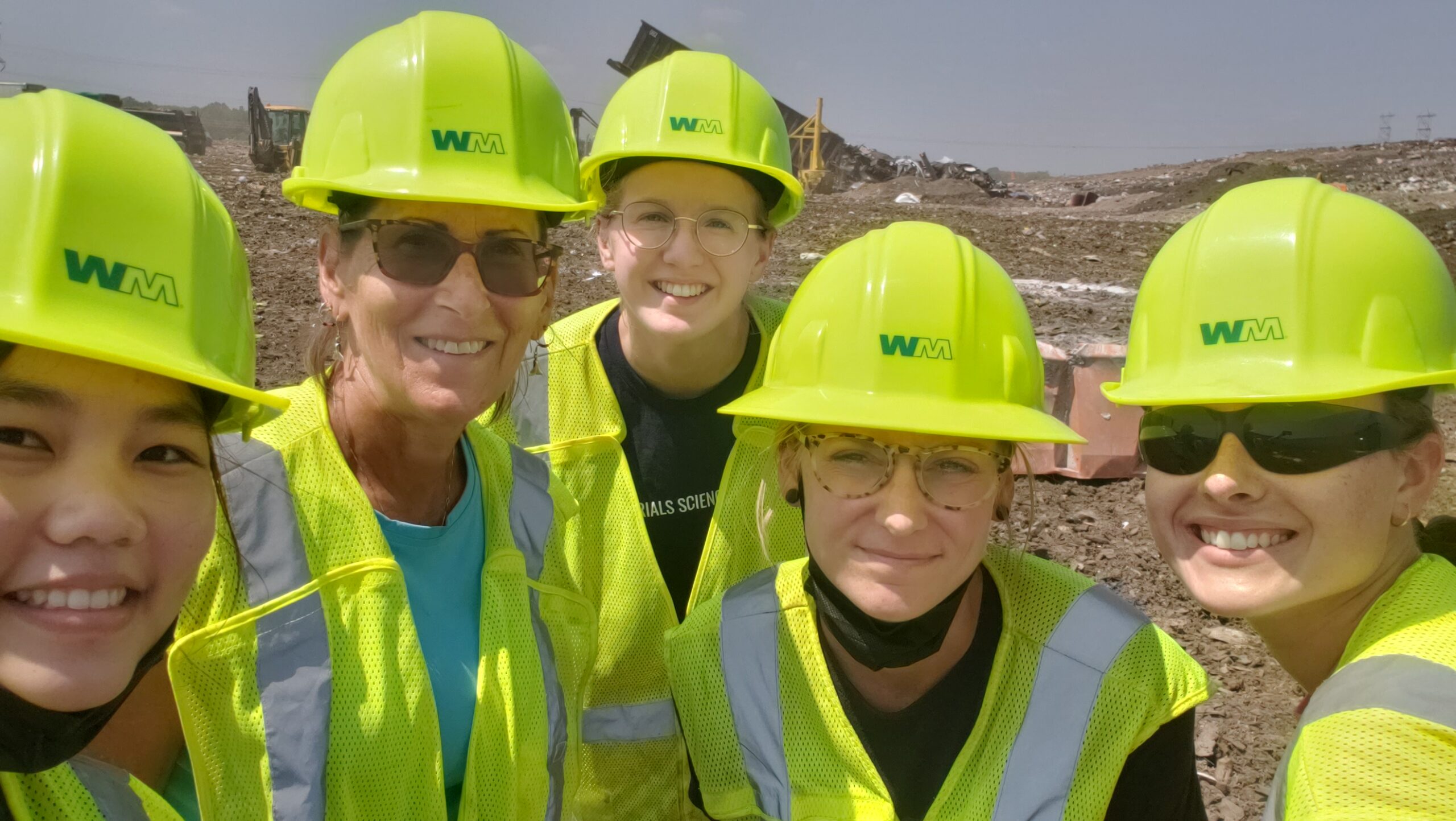
From Classroom to Landfills: A Teacher’s Sustainability Mission
For Cyndie Roberts, a retired math teacher from Midland Public Schools, the fellowship was a natural continuation of her journey as a sustainability advocate. After years of fostering environmental awareness through one of the largest student-led sustainability clubs in her community, Cyndie brought her passion for education to a broader stage.
“The fellowship gave me a chance to apply what I’ve learned to a bigger picture,” she explained. Through hands-on fieldwork, Cyndie uncovered critical gaps in public knowledge about recycling and emphasized the need for broader education to inspire change. The study’s data, analyzed in collaboration with Grand Valley State University and a working group of MiSBF members, underscored the urgency of investing in infrastructure and advancing public policy to reduce waste and recover valuable materials.
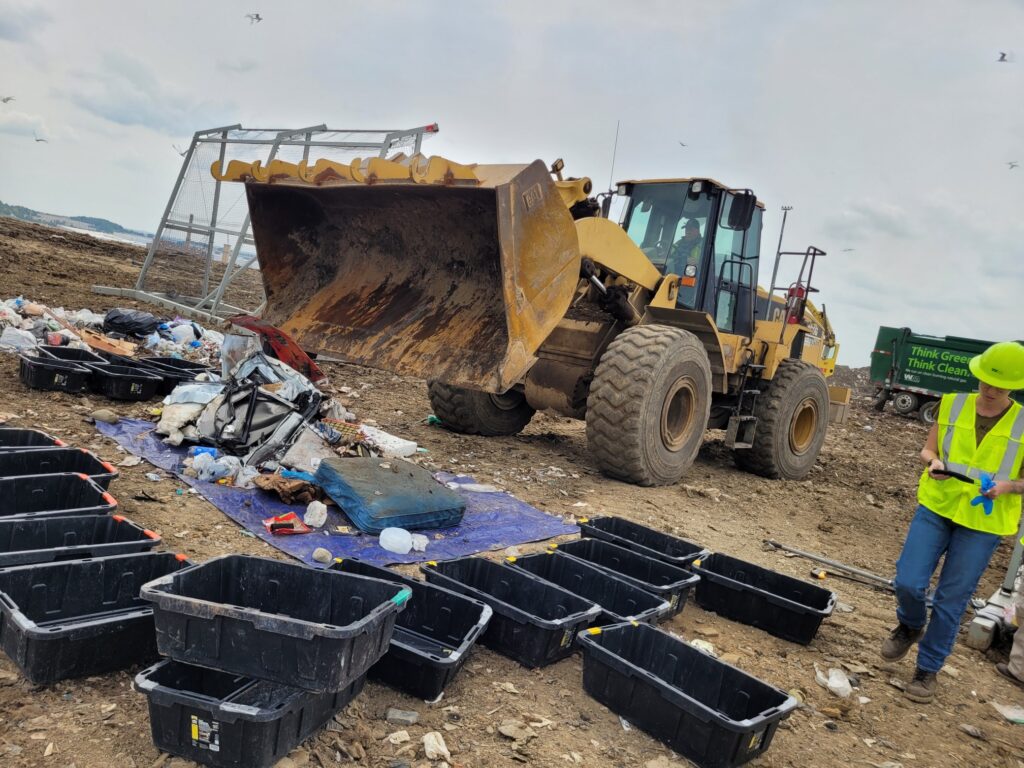
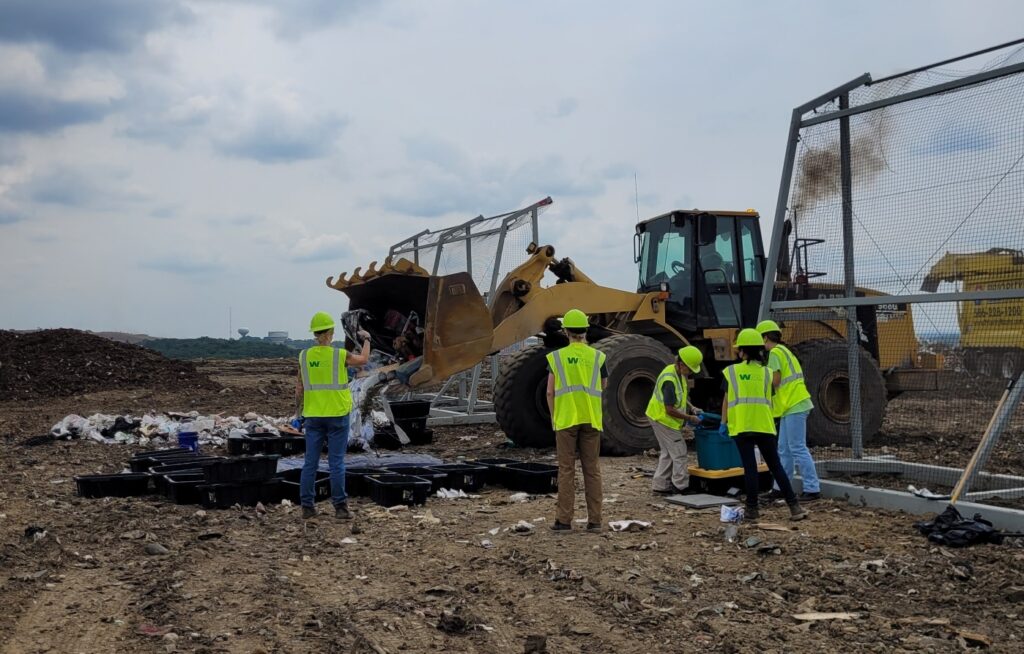
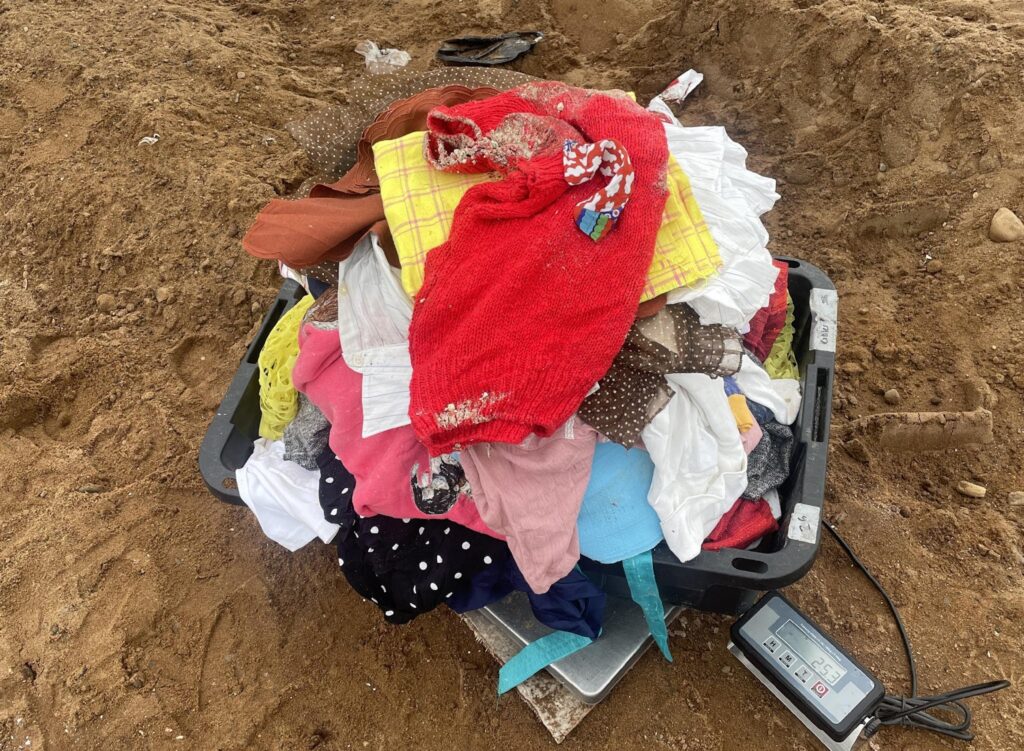
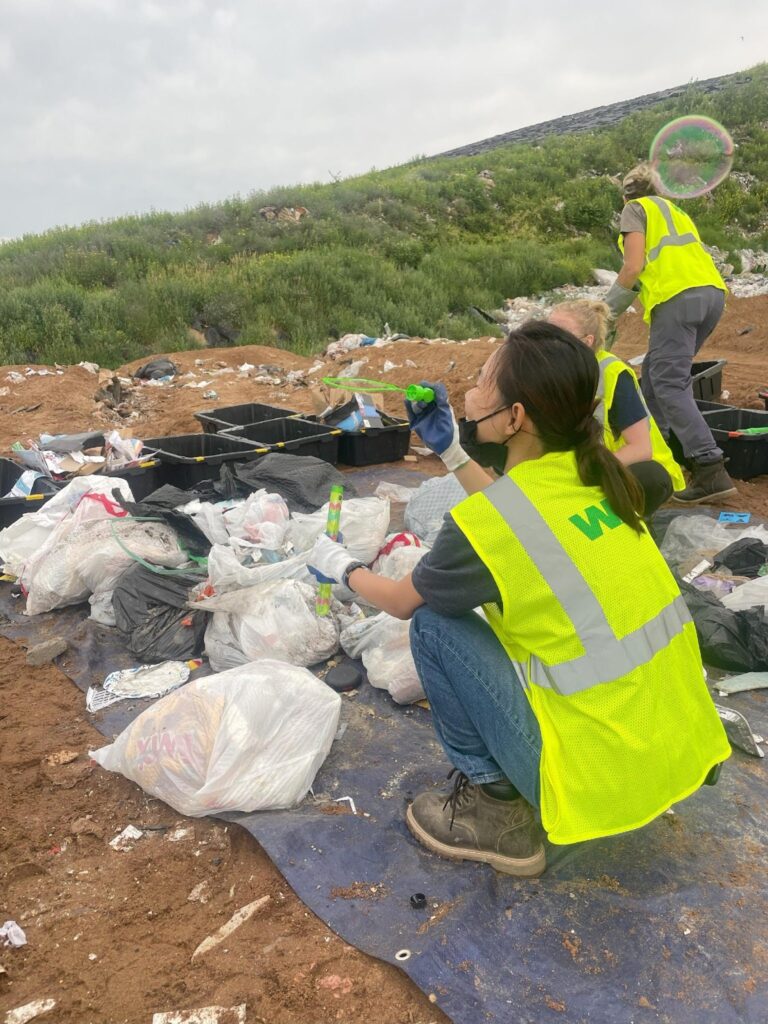
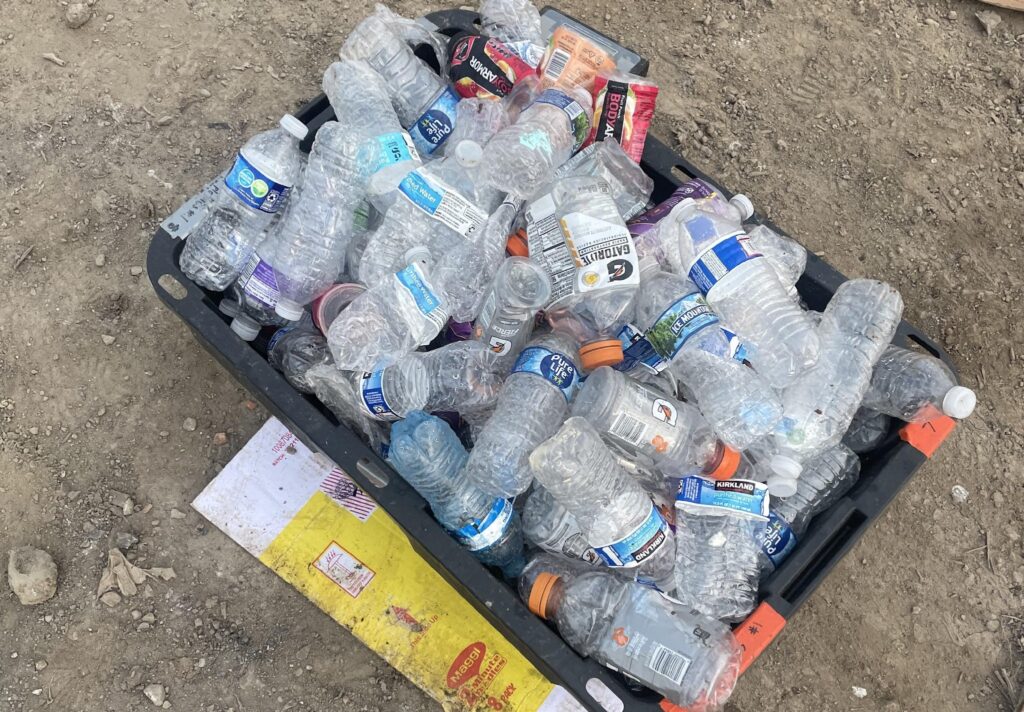
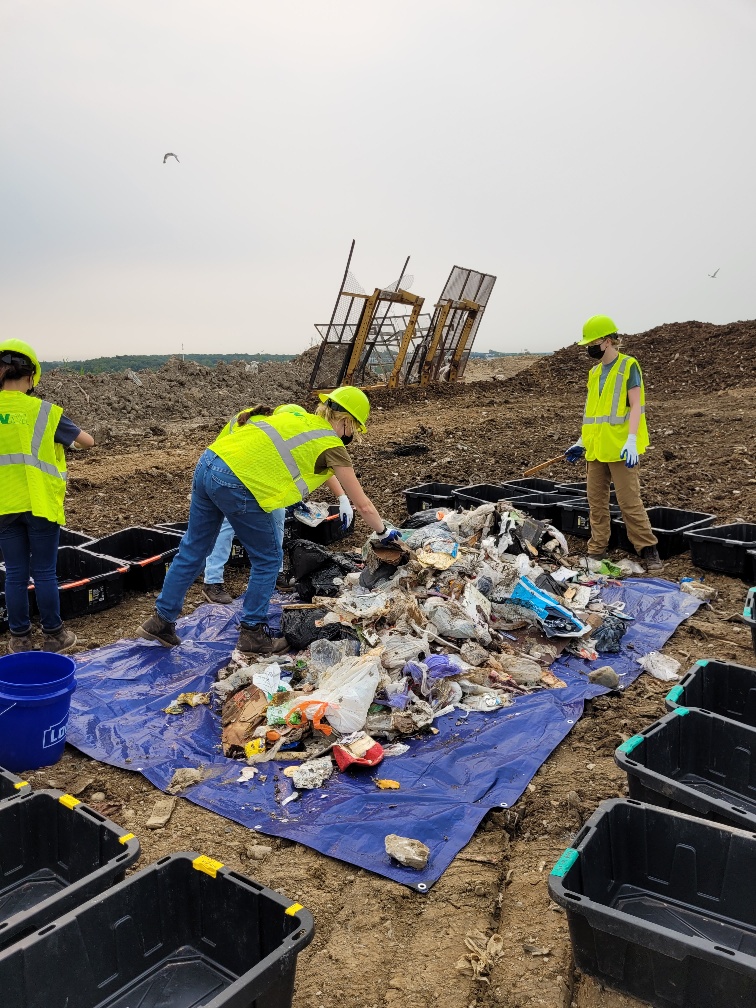
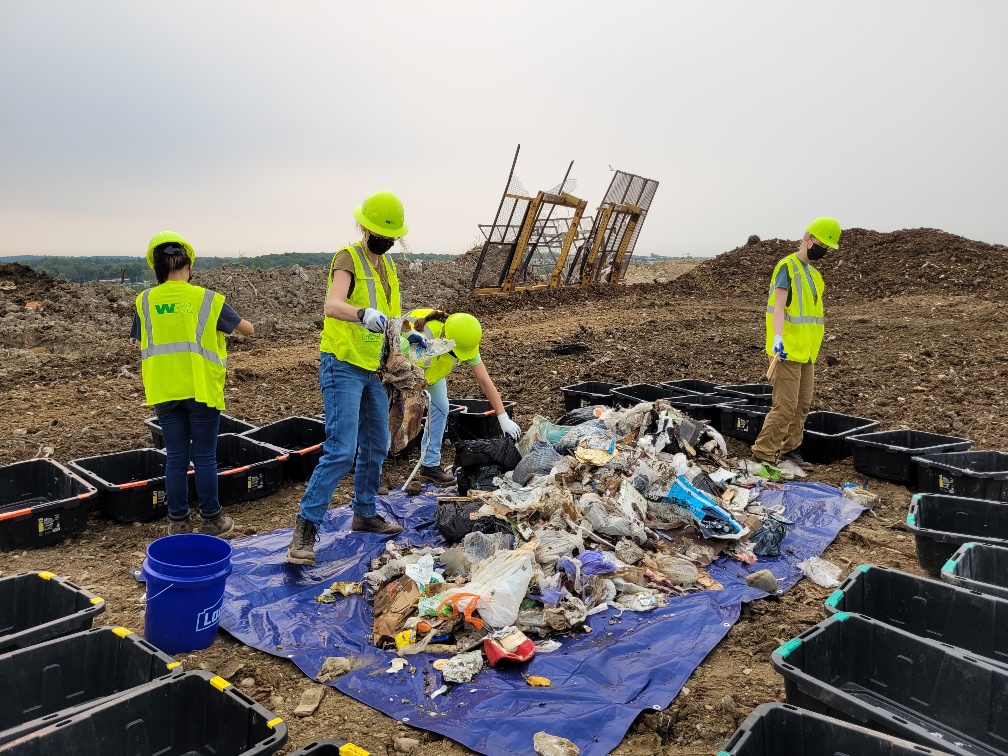
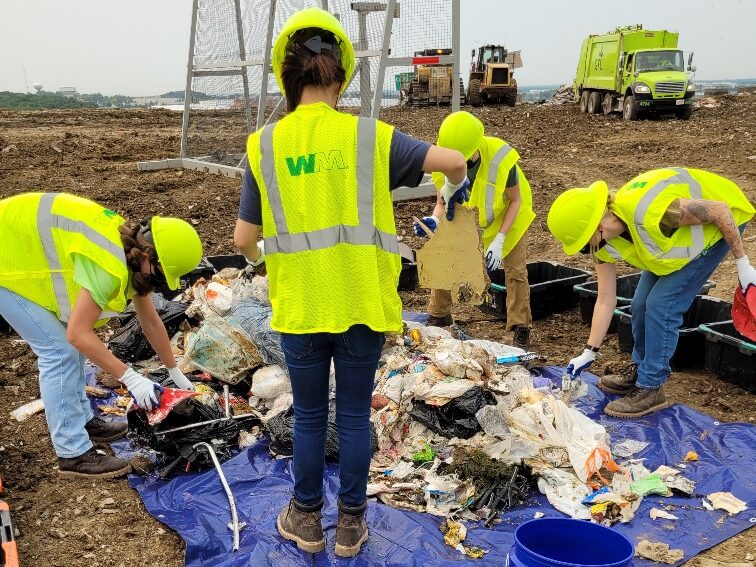
A Personal Connection to Circular Solutions
For Tiffany Win, a recent University of Michigan graduate with a Master of Science in Environment and Sustainability, the fellowship was a chance to connect academic research with real-world action. Growing up immersed in her family’s glass recycling business, Tiffany sought to deepen her understanding of waste systems and their environmental impact.
Her experience as a Research Fellow brought her face-to-face with the stark reality of Michigan’s waste challenges, particularly food waste, which accounts for nearly 20% of the state’s municipal solid waste. “Being on-site at landfills was a stark reminder of the scale of the problem,” she shared. Tiffany’s findings emphasized the importance of data in driving action, particularly as waste like food contributes to methane emissions and environmental harm. Her work in the study highlighted the billions of dollars of materials that could be recovered to fuel Michigan’s economy, create jobs, and support a circular economy.
Building a Sustainable Future
The work of these Fellows demonstrates how targeted efforts can have far-reaching impacts. By identifying gaps in waste systems and quantifying the economic opportunities of diversion, Amanda, Cyndie, and Tiffany played a crucial role in shaping the 2024 Michigan MSW Valuation Study. Their findings reveal that without investments in infrastructure, education, and policy reform, Michigan will dispose of $6.2 billion to $8.3 billion of marketable material by 2035—resources that could otherwise fuel the state’s economy, create jobs, and reduce environmental harm.
To learn more about the 2024 Michigan MSW Valuation Study and its recommendations, visit misbf.org/msw.
